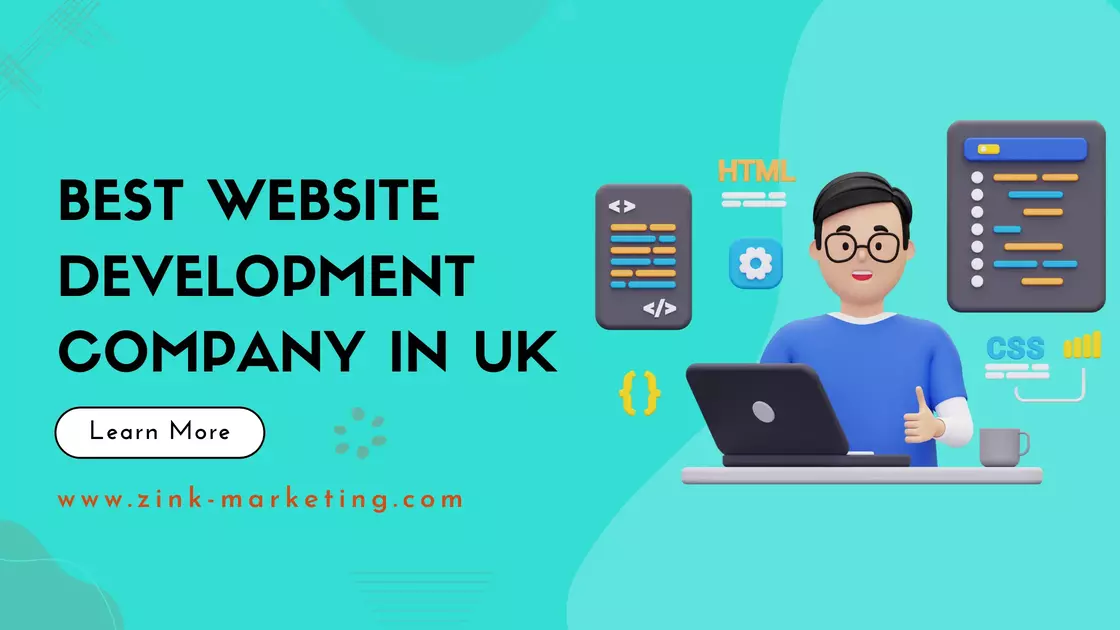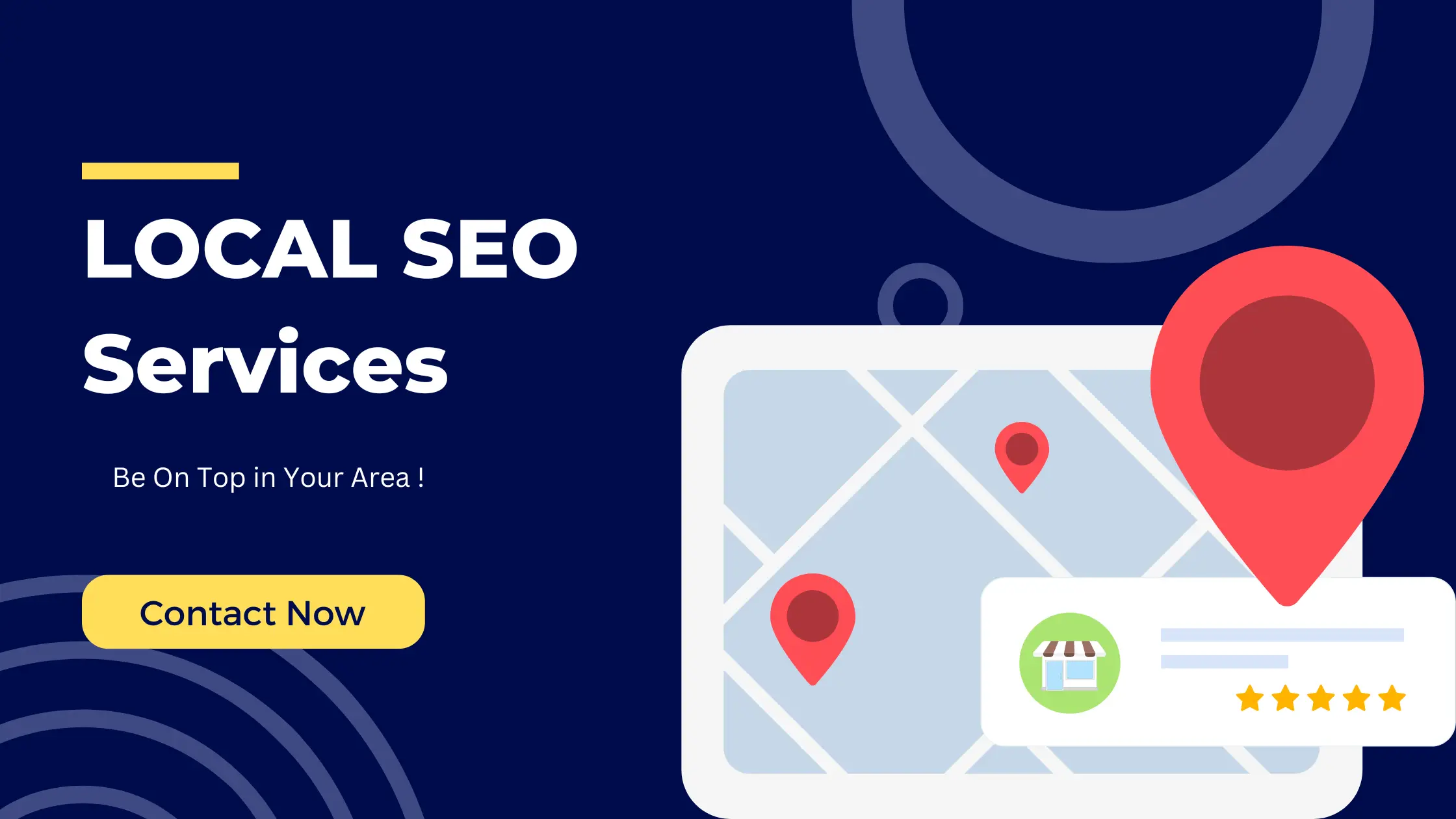With the rapidly evolving world of online commerce, the competition to attract attention and get customers’ trust is more important than ever. As the number of businesses in the e-commerce arena has been increasing, it has become important to stand out from the crowd. Therefore, one should follow the strategy that really works. Here comes the E-commerce SEO. It’s a comprehensive strategy designed to optimize online stores for success. In this latest blog, we will discuss all the essential elements of SEO and provide details on how you are taking your business online success to the next level.
What is E-commerce SEO? Let’s Find Out
E-commerce SEO involves enhancing the visibility of your online store on search engine results pages (SERPs). The goal is to achieve higher rankings when potential customers search for products you offer, ensuring increased website traffic.
You can also get more traffic by paying for it. However, SEO is the cheaper strategy. At the same time, ad blockers and ad blindness reduce the effectiveness of paid search, so you will want to optimize for search regardless.
SEO typically includes the optimization of headlines, product descriptions, meta information, internal linking, and website navigation, all aimed at improving both search engine rankings and user experience. It’s essential to create dedicated product pages for each item you offer, attracting organic traffic from search engines.
However, never forget about the non–product–oriented pages, and static pages on your site such as:
Homepage
About page
Blog articles
F.A.Q. page
Help center answers
Contact page
Here you should make a list of keywords for all these pages as well as related keywords. Also, you can get help from different tools to search for long-tail keywords and semantic keywords.
Why SEO For E-commerce Matters?
Whenever a customer requires a service or a product, he commonly does a search on Google. Checking for different options, comparisons, useful tips, and informative content is the common practice that aids these searches. So, if your website does not appear on Google searches, you lose important access to interested and qualified e-commerce customers. Maybe your products are on the web, but are they easily findable?
That’s where E-commerce SEO plays its part. It provides a path to reach the target audience without paying for ads. Once there is an audience at your site, you can facilitate them with good-quality products, engaging copies, and motivating calls to action. Please keep on reading to know more!
The Significance of SEO For E-commerce
SEO is the backbone of any successful online store. It involves a set of techniques and best practices aimed at enhancing the visibility of your e-commerce website on search engines like Google, Bing, and Yahoo. A well-executed SEO strategy can lead to increased organic traffic, higher conversion rates, and ultimately, greater revenue.
Comprehensive Keyword Research
The foundation of every successful E-commerce SEO campaign is thorough keyword research. Identify relevant keywords and phrases that potential customers use when searching for products in your niche. Utilize keyword research tools like Google Keyword Planner or SEMrush to uncover valuable insights. Incorporate these keywords naturally into your product listings, category descriptions, and metadata.
Product Page Optimization
Each product page on your e-commerce site should be meticulously optimized for both search engines and users. Craft clear and compelling product titles that include relevant keywords. Write informative product descriptions that highlight unique selling points and benefits. High-quality images and videos can significantly enhance the user experience.
Prioritize Site Speed and Mobile Optimization
Page load speed is not just a user experience factor; it’s also a crucial SEO ranking factor. Slow-loading web pages can increase bounce rates and decrease search engine rankings. Optimize your website’s speed by compressing images, minimizing server response times, and implementing browser caching. Additionally, ensure your website is fully responsive and mobile-friendly to cater to the growing mobile shopping audience.
User-Friendly Navigation
Efficient website navigation not only enhances the user experience but also assists search engines in indexing your site effectively. Use well-structured categories and subcategories to organize your products logically. Implement breadcrumb navigation to guide users through your website seamlessly.
Embrace Security and Mobile Compatibility
Security is paramount in today’s digital landscape. Google prioritizes secure sites that use HTTPS. Ensure your online store is equipped with SSL certificates to encrypt data and provide a secure shopping environment. Moreover, optimize your website for mobile devices to align with Google’s mobile-first indexing approach.
Content and Blogging
Blogging can be a valuable addition to your SEO strategy. Create informative and engaging blog content that addresses the questions and needs of your target audience. Blog posts not only help you rank for long-tail keywords but also establish your authority within your industry.
Regular Monitoring and Analytics
To fine-tune your E-commerce SEO strategy, it’s crucial to monitor your website’s performance continually. Utilize tools such as Google Analytics and Google Search Console to track key metrics like traffic, bounce rate, conversion rate, and keyword rankings. Make informed decisions by analyzing this data.
Best E-commerce SEO Tools
If you really want your E-commerce SEO strategy to work, you need the right tools to work with. Below, we are listing some of the useful tools that will help you in moving ahead in this journey.
Ubersuggest
Unlock the potential of your e-commerce site with Ubersuggest. This powerful tool simplifies keyword research, allowing you to find the most valuable keywords for your products. Plus, it offers insights into related keywords, CPC (Cost Per Click), search volume, and more, giving you the competitive edge you need to boost your rankings and drive traffic.
Ahrefs
Ahrefs is your go-to for a comprehensive SEO strategy. It not only helps you optimize your website but also enables you to track your progress. Discover valuable backlinks to your site and even those of your competitors. Leverage this information to build connections and explore opportunities to enhance your e-commerce presence. Connect with potential link sources to promote your high-quality content and engage with your audience effectively.
ScreamingFrog
ScreamingFrog is the detective for your e-commerce site. It digs deep to uncover issues that could potentially harm your SEO efforts. From identifying broken links to missing meta descriptions and duplicate content, this tool ensures your site maintains its health and performance. By rectifying these problems promptly, you safeguard your site from potential penalties in search engine rankings. The free version offers plenty of useful features, but if you have an extensive website, consider upgrading to the premium version for more advanced capabilities.
MOZ
MOZ is your all-in-one SEO companion. Whether you want to track your keywords, identify link-building opportunities, or analyze your competitors’ page metrics, MOZ has got you covered. It offers both free and paid versions, allowing you to tailor your tools to your specific needs. With MOZ, you can supercharge your SEO campaign and drive your business to new heights of online success.
Conclusion
E-commerce SEO is a dynamic and ongoing process that requires dedication and adaptability. By optimizing your online store for search engines, you can increase your visibility, attract organic traffic, and ultimately achieve e-commerce success. Keep abreast of the latest SEO trends and algorithm updates to maintain your competitive edge in the online marketplace. With a well-executed SEO strategy, your online store can thrive and flourish in the digital age.




